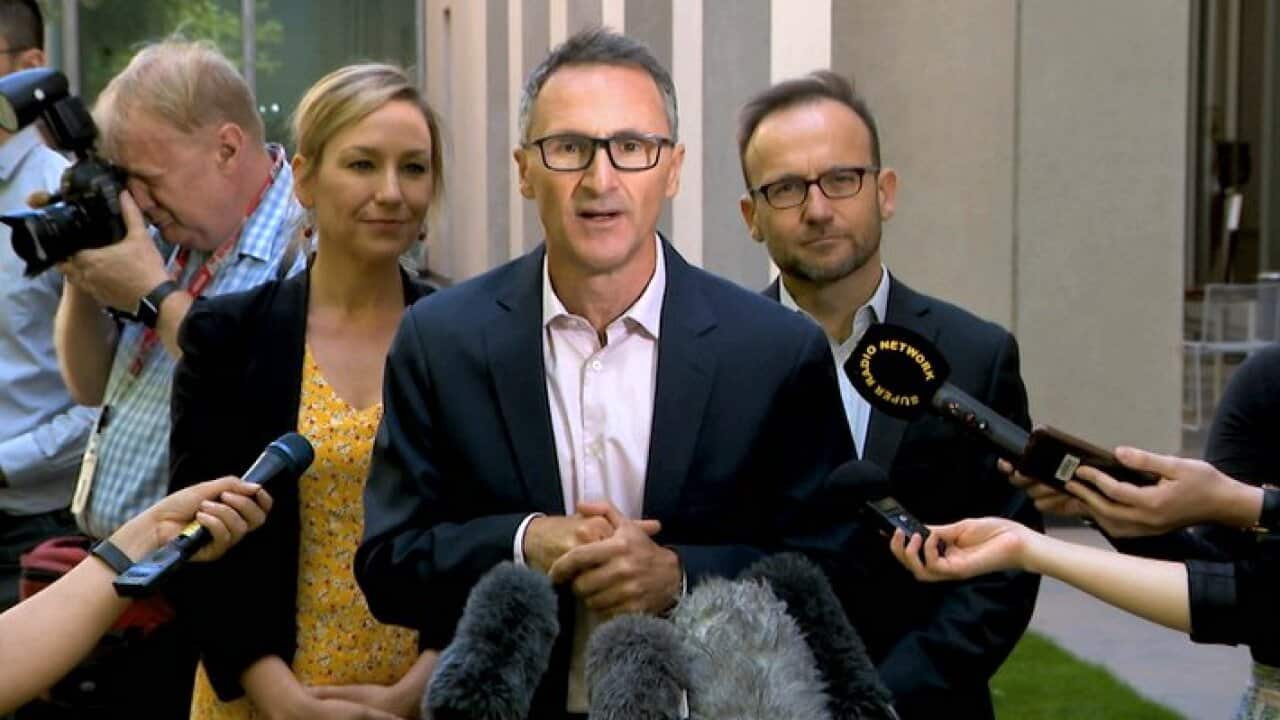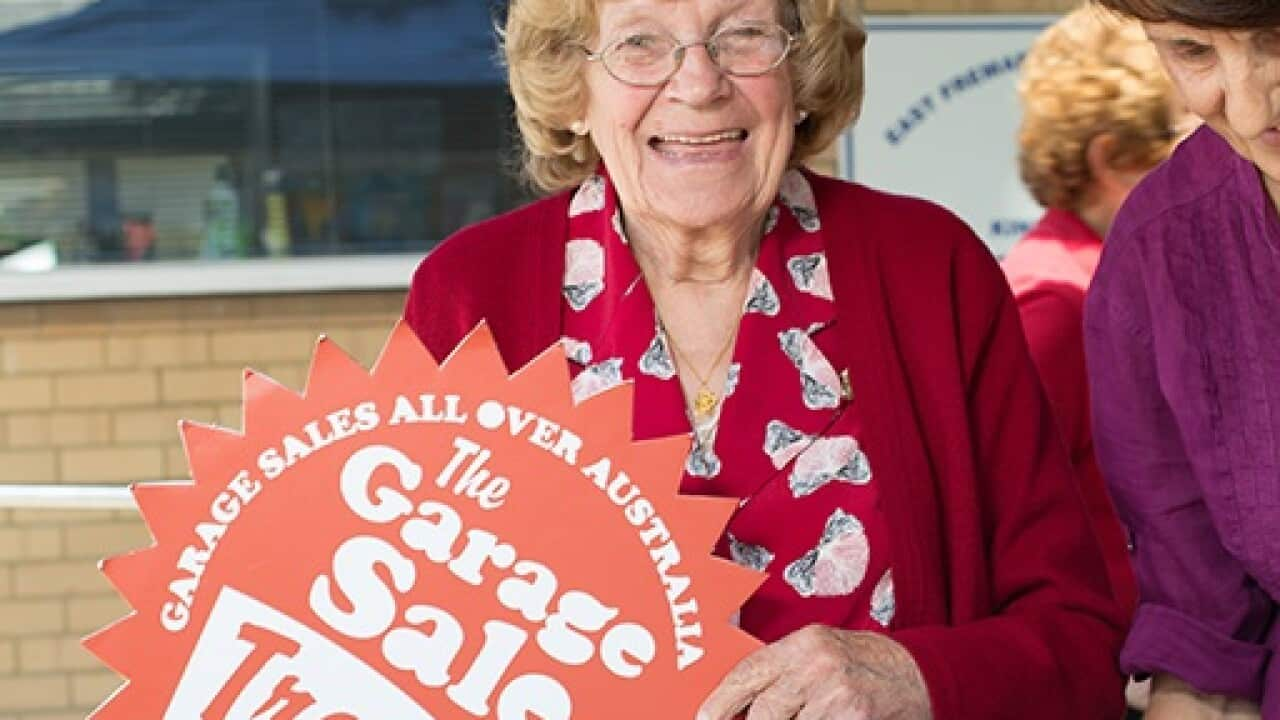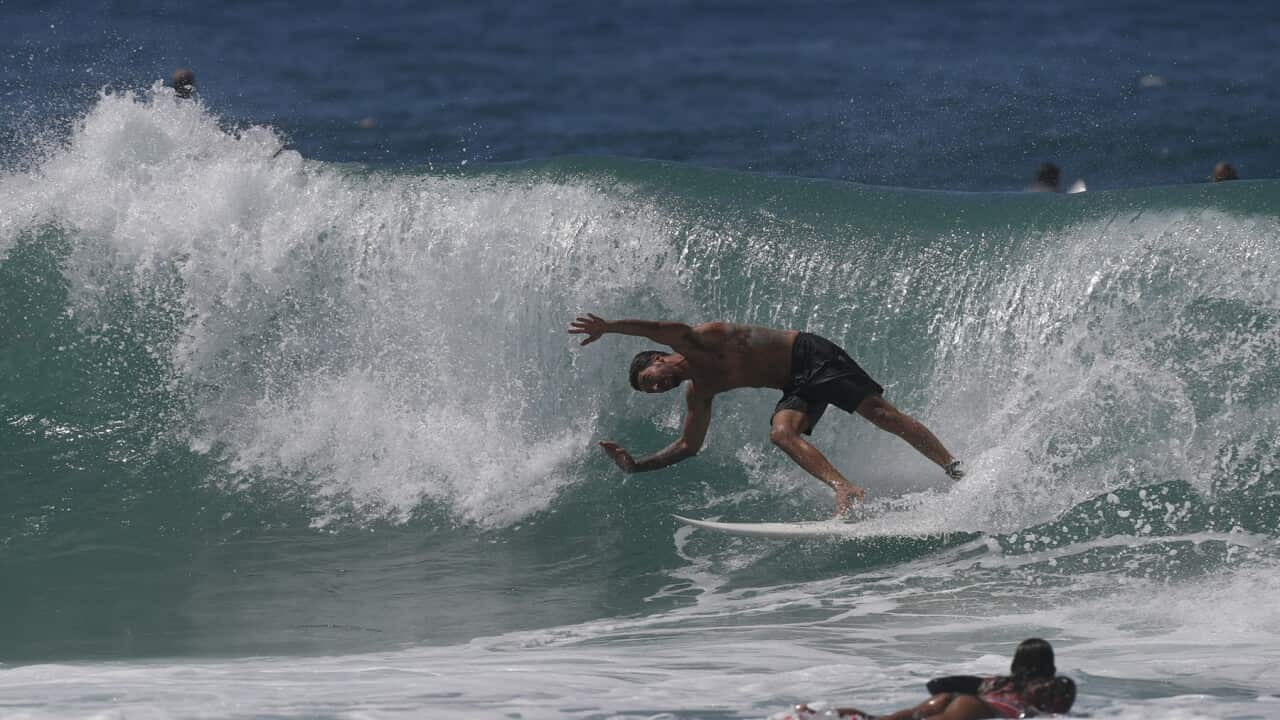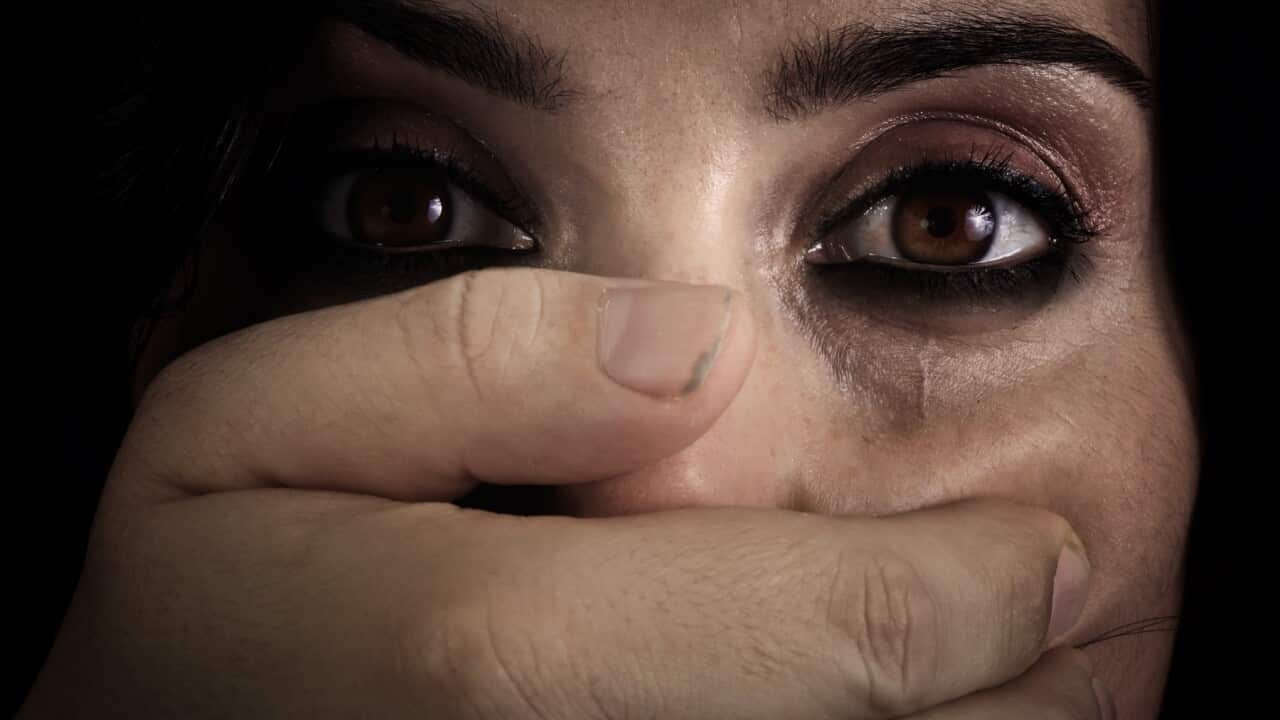Italian
L'annuncio di lunedì mattina del senatore Richard Di Natale della sua decisione di dimettersi dalla guida degli Australian Greens è stato una sorpresa, secondo quanto riferito.
Il senatore Di Natale era leader del partito dal 2015, quando aveva sostituito Christine Milne.
Ha dichiarato che è giunto il momento giusto di entrare in una nuova fase della sua vita.
"There are lots of small things about this job that are sometimes frustrating and annoying. But the bottom line is it's a tough and demanding job. My boys are nine and 11 and I want to be present in their lives, my wife has been a huge support for me in my career and I want to be able to support her in her career."
Il senatore Di Natale ha affermato che la sua decisione è stata presa nell’interesse del partito.
"It has been one of the most difficult decisions on my life but the time is right, it's right for me and for the boys and for Lucy, the time is right for the Greens. Rejuvenation and renewal is very important in politics. Our movement is bigger than one person."
Richard Di Natale ha assunto la guida dei Verdi nel 2014 e ha continuato la battaglia del partito sulle questioni ambientali e di giustizia sociale.
È entrato in politica dopo le elezioni del 2010, quando ha vinto un seggio al Senato in rappresentanza del Victoria, e ha parlato delle radici della sua famiglia, spiegando di essere un prodotto dell'esperimento australiano con il multiculturalismo.
"My mother and her parents left San Marco, a small village in southern Italy, to board a ship to Australia in the late 1950s. They didn’t speak any English, but they were armed with something far more important: the hope for a better life."
Il sostegno per i Verdi si è impennato negli ultimi anni ma, parlando alla vigilia delle ultime elezioni, il dott. Zareh Ghazarian, analista politico dell'Università di Monash, ha affermato che ciò ha meno a che fare con la leadership del senatore Di Natale e più a che fare con altri fattori.
"Leading a minor party is very difficult with the limited resources compared to what the major parties have. Di Natale himself, I think, has performed really strongly. But the Greens have just been sometimes overwhelmed by what's going on in the major parties."
Il risultato elettorale del 2019 ha visto i Verdi australiani ricevere un voto primario del 10,7 per cento alla Camera dei rappresentanti, con un'oscillazione a livello federale dello 0,2 per cento.
Parlando prima di quelle elezioni, il senatore Di Natale ha insistito sul fatto che il futuro sia nelle energie rinnovabili, non nei combustibili fossili - un appello che, meno di un anno dopo, sembra aver toccato molti australiani.
"The future is with renewable energy. If you haven't got a plan to phase out coal you have got no plan to tackle climate change. 80 per cent of the coal we dig up in Australia is burnt overseas, and unless we can deal with that, no party is serious about dealing with climate change."
Richard Di Natale è stato confermato leader del Partito dopo le elezioni, e Adam Bandt e Larissa Waters hanno continuato a ricoprire i ruoli di vice.
Parlando oggi, il senatore Di Natale ha affermato di essere orgoglioso di aver sostenuto e contribuito a negoziare molte cose durante il suo periodo in politica.
"We took on marriage equality before anyone else wanted to take on the fight. We now have a national anticorruption watchdog, passing with support of the Senate. It was the Greens for decades who had been leading the charge on that. I think of the banking royal commission, the royal commission into the disability sector. Medicinal cannabis and drug law reform. Things that in this parliament never get discussed. I've been really proud to take them on."
English
Monday morning's announcement by Senator Richard Di Natale that he was standing down from the leadership of the Australian Greens Party was reportedly a surprise.
Senator Di Natale has been party leader since 2015, when he replaced Christine Milne.
He says the time is right for him to step into a new phase of his life.
"There are lots of small things about this job that are sometimes frustrating and annoying. But the bottom line is it's a tough and demanding job. My boys are nine and 11 and I want to be present in their lives, my wife has been a huge support for me in my career and I want to be able to support her in her career."
Senator Di Natale says his decision was made in the best interest of the party.
"It has been one of the most difficult decisions on my life but the time is right, it's right for me and for the boys and for Lucy, the time is right for the Greens. Rejuvenation and renewal is very important in politics. Our movement is bigger than one person."
Richard Di Natale took over the leadership of the Greens in 2014 and continued the party's fight on environmental and social justice issues.
He entered politics after the 2010 election, where he won a Senate seat representing Victoria, and spoke of his family's roots, explaining that he was a product of Australia's experiment with multiculturalism.
"My mother and her parents left San Marco, a small village in southern Italy, to board a ship to Australia in the late 1950s. They didn’t speak any English, but they were armed with something far more important: the hope for a better life."
Support for the Greens has plateaued in recent years but, speaking in the runup to the last election, Monash University Political Analyst Dr Zareh Ghazarian said that was less to do with Senator Di Natale's leadership, and more to do with other factors.
"Leading a minor party is very difficult with the limited resources compared to what the major parties have. Di Natale himself, I think, has performed really strongly. But the Greens have just been sometimes overwhelmed by what's going on in the major parties."
The 2019 election result saw the Australian Greens receive a primary vote of 10.7 per cent in the House of Representatives, with a federal swing of plus 0.2 of a per cent.
Speaking before that election, Senator Di Natale was vocal in his insistence that the future lay in renewable energy, not fossil fuels - a call which, less than a year later, seems to have struck a chord with many Australians.
"The future is with renewable energy. If you haven't got a plan to phase out coal you have got no plan to tackle climate change. 80 per cent of the coal we dig up in Australia is burnt overseas, and unless we can deal with that, no party is serious about dealing with climate change."
Richard Di Natale was re-endorsed as the Party's leader after the election, and Adam Bandt and Larissa Waters continued in their roles as the party's deputy leaders.
Speaking today, Senator Di Natale says he's proud of supporting and helping negotiate many things during his time in politics.
"We took on marriage equality before anyone else wanted to take on the fight. We now have a national anticorruption watchdog, passing with support of the Senate. It was the Greens for decades who had been leading the charge on that. I think of the banking royal commission, the royal commission into the disability sector. Medicinal cannabis and drug law reform. Things that in this parliament never get discussed. I've been really proud to take them on."
Report by Evan Young and Allan Lee




